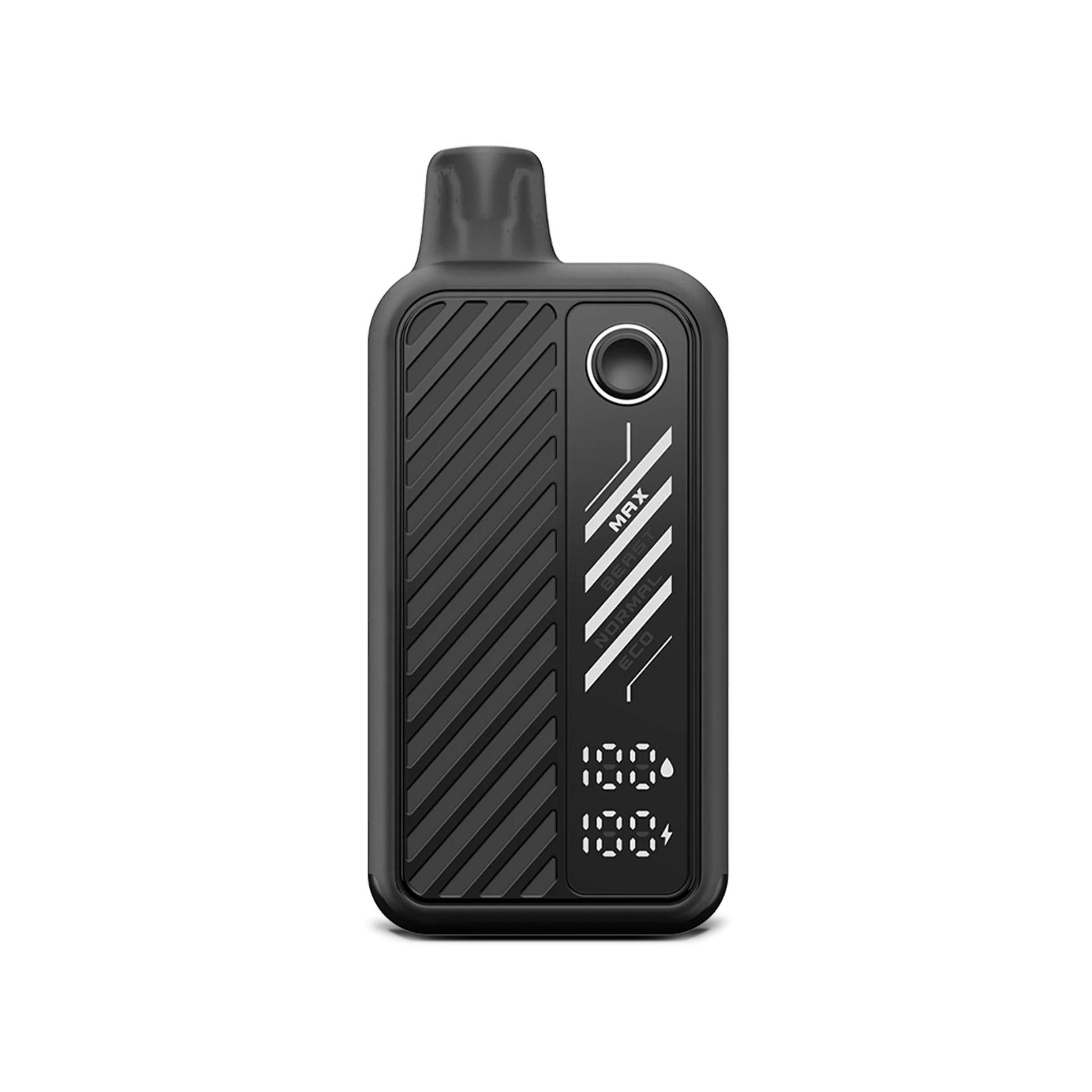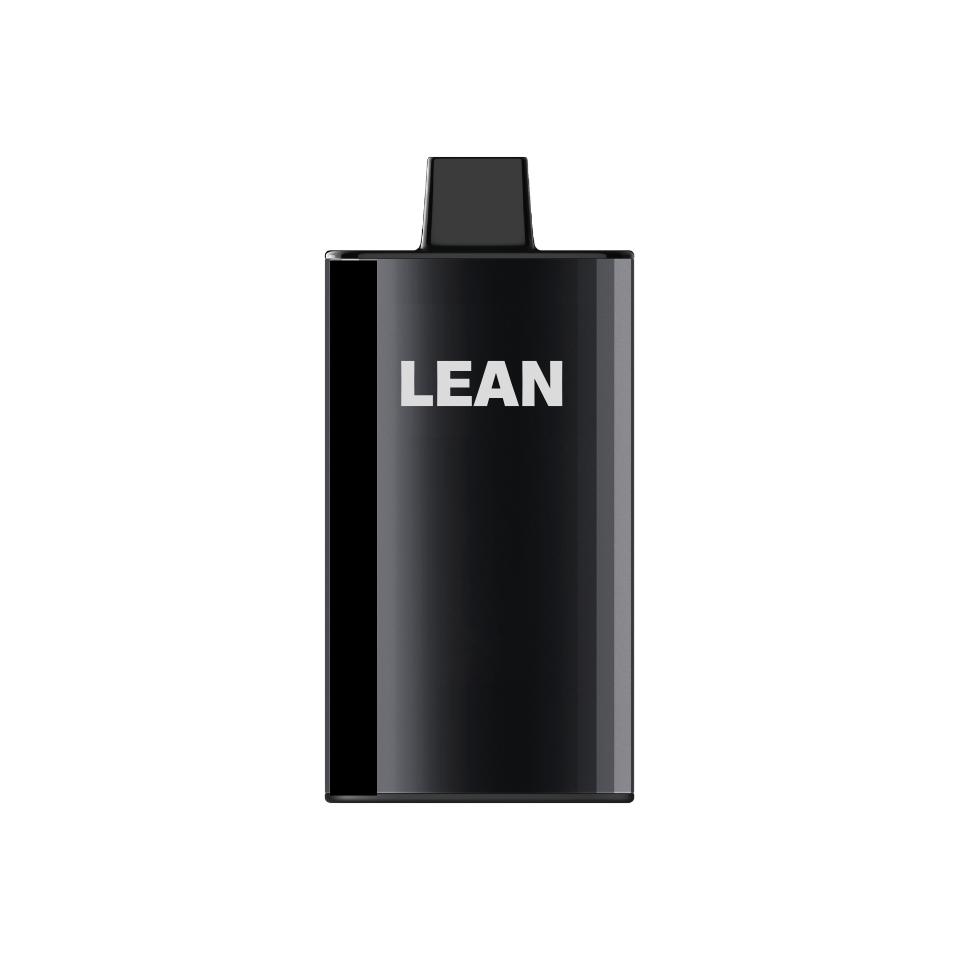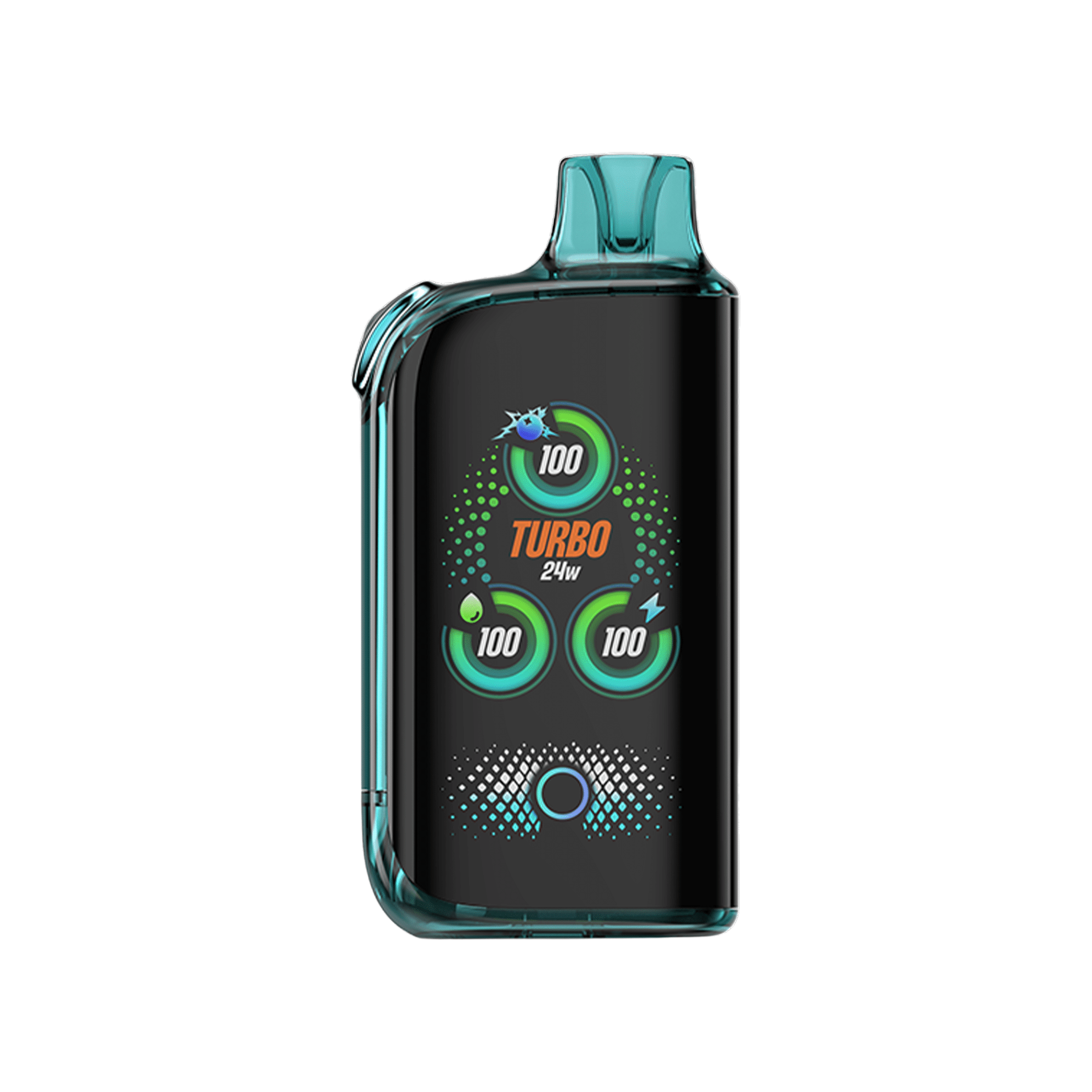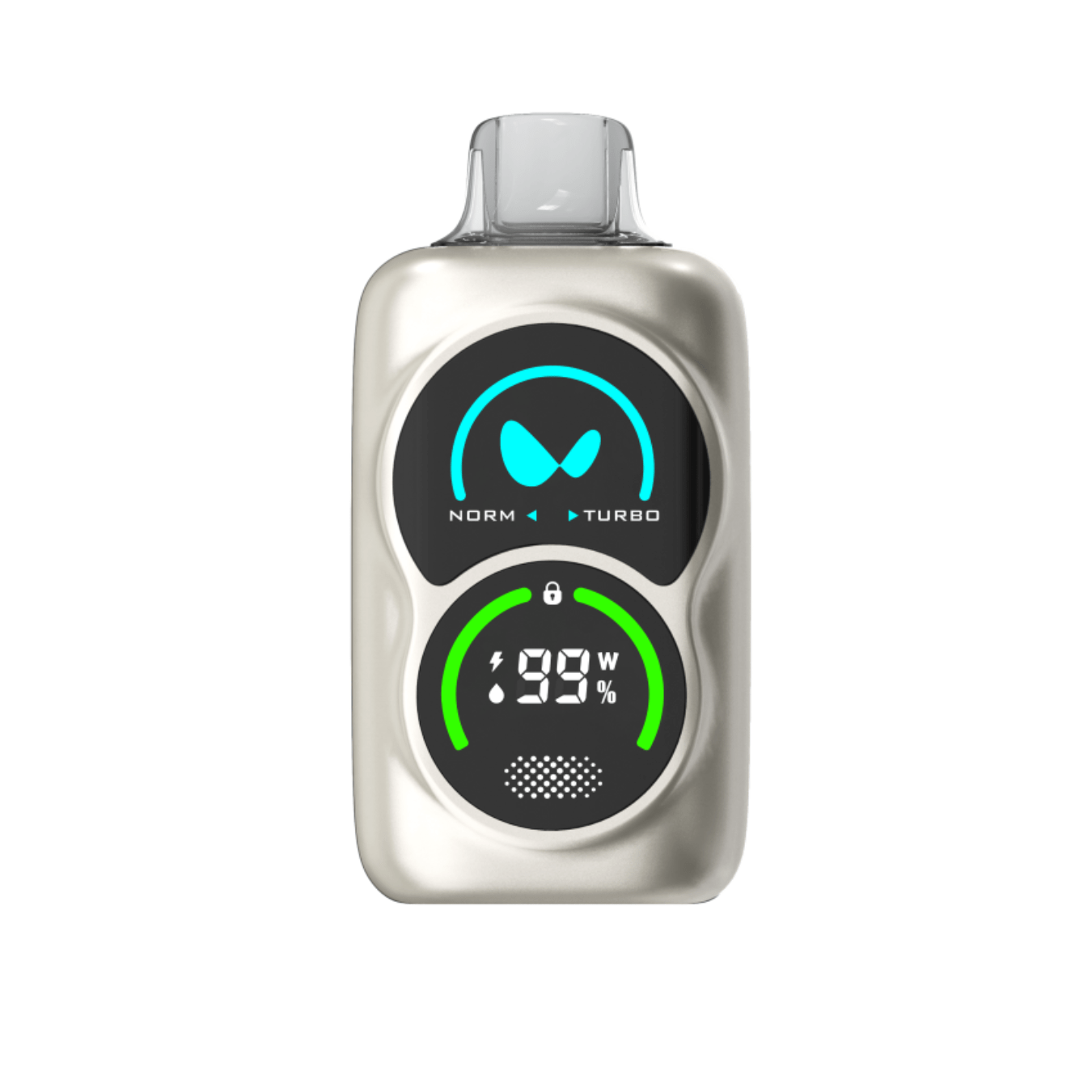Does Vaping Affect Sleep?
As you know, when you vape, you inhale the flavoured e-liquid within the device. That e-liquid is made up of various chemicals that together create the sensation you get when you breathe it in. You might understand how those chemicals affect your lungs, but have you ever considered their effect on your sleep quality?
For those who enjoy a relaxing vape session in the evenings before bed, read on to learn everything you need to know and how to prevent vaping from negatively disrupting your well-deserved rest.
Does Vaping Keep You Awake?
As with most answers, it's complicated. Many chemicals make up vape e-liquid, and this chemical makeup will determine whether or not you’ll be kept awake. That being said, we know which chemical is the worst culprit for this, and the good news is that there are ways around it.
Put simply, the problem is the nicotine. This particular drug is notorious for keeping users awake – it's been seen in traditional cigarette smokers and vapers. Essentially, how much your sleep is impacted all comes down to whether or not your e-liquid contains nicotine.
Why Does Vaping Affect Sleep?
So, what's the deal with nicotine?
It comes down to the fact that nicotine is classified as a stimulant drug. That means users who take it will experience increased heart rate and breathing. Of course, neither of those are helpful when trying to sleep.
For us to sleep, our body actually reduces our heart rate dramatically, and you can probably tell how your breathing gets slower as you drift off.
Therefore, if you're vaping an e-liquid that includes nicotine, you’ll experience these stimulant effects, which can stop you from sleeping. Furthermore, even once you do get to sleep, research suggests that you don't get the same quality of sleep as you would if you hadn’t had any nicotine at all.
By forcing your body to have these artificial and energy-draining physiological effects, you're simultaneously making yourself more sleepy while stopping your body from getting the proper rest it needs.
Can Vaping Negatively Influence Existing Sleep Disorders?
But what's the situation if you already have preexisting sleep disorders and you vape? Given what we now know about the effects of nicotine, it all depends on whether or not you're vaping e-liquid with nicotine in it.
If you vape e-liquid containing nicotine, it looks like preexisting sleep disorders might worsen if you vape before bed. That seems to be especially true if your sleep disorder is respiratory-based (such as sleep apnea). Some studies found an association with a higher prevalence of such disorders in smokers.
That being said, many studies that have looked into the effects of nicotine and sleep primarily look at nicotine intake from traditional cigarettes rather than specifically vaping. Therefore, further research is needed to get a definitive answer on the actual effects of vaping alone.
It’s important to note that vaping not only affects the quality and amount of sleep you get, but it also increases your level of daytime fatigue. Furthermore, the effects of vaping on your mouth and throat, such as drying them out, can lead to more snoring and inflammation. Smoking can raise your risk of developing conditions such as sleep apnea.
How to Stop Vaping From Affecting Your Sleep
Now that we’ve covered why vaping might affect sleep and how it can potentially affect existing sleep disorders, we have a much better chance of understanding what must be done to prevent it.
While it certainly seems that not vaping at all in the evening before going to sleep would be the best course of action, we know that's not necessarily an option for many people. Therefore, we've looked into alternative ideas.
Given that all the evidence surrounding a bad night's sleep after vaping has to do with nicotine, it seems reasonable to suggest that it's not necessarily the act of vaping that causes a bad night's sleep but more your choice of e-liquid.
The good news is that vaping allows you to choose the nicotine strength of the e-liquid you use. You can opt for a lower nicotine strength e-liquid, or even use nicotine-free options. As nicotine’s stimulating effect can adversely impact your sleep, doing so might help you get higher-quality rest at night.
You can also stop vaping in the hours before bed, or use nicotine-free options during that time, to see if that helps you get better quality sleep.
Frequently Asked Questions
Does Vaping Make You Tired or Awake?
While the physical act of vaping shouldn’t have too much of an effect on how tired you are, the contents of the e-liquid you vape will. If you vape e-liquid with nicotine, that’ll likely keep you awake and cause you to have a bad night's sleep and possibly wake up during the night far more. If you vape e-liquid without nicotine, your sleep should be unaffected.
Why Does Vaping Make It Harder to Sleep?
If you vape nicotine-based e-liquids and you find that it is negatively affecting your sleep, that's because nicotine is a stimulant drug. Stimulants make people more alert and awake by increasing their heart and breathing rates, which can make sleeping far less likely and be of far less quality. Choosing to vape a nicotine-free e-liquid may help with your sleeping problems.
How Bad Is Vaping Before Bed?
Vaping a nicotine-filled e-liquid before bed is very likely to lead to you having a bad night's sleep. That's because nicotine is a stimulant drug that keeps you alert and awake. Your body needs your breathing and your heart rate to be much lower than throughout the day to sleep, so avoiding vaping nicotine is best if you need a good night's sleep.
Final Thoughts
The bad news is that nicotine can negatively affect your sleep because it is a stimulant drug that keeps your heart rate high.
However, the good news is that vaping allows you to choose which e-liquids you use, and there are nicotine-free vape e-liquids available.
To get a better night's sleep, try switching to a nicotine-free choice and see how much of a difference it makes. Check out our collection at WAKA Vape to see the wide range of delicious flavours we offer!
Also in Vape Knowledge

Top Refreshing Vape Flavours – From Mint to Exotic Fruits
Refreshing vape flavors keep every session exciting, from crisp mint to bold tropical blends. In 2025, WAKA leads the Canadian market with high-capacity devices like the Infinity Lean 20K, DUO, and Fasta Blast 30K—each packed with flavor variety and value. With multi-buy promotions and fast delivery, WAKA makes it easier than ever to explore refreshing vape flavours and discover your next favourite.

How to Order Vape Online with Fast Delivery
Ordering vapes online in Canada has never been easier. With fast delivery, wide flavor options, and multi-buy savings, WAKA makes it simple to get premium devices like the Infinity Lean, DUO, and Heavy Hitter delivered straight to your door. Backed by trusted shipping, tracking, and promotions, WAKA’s online store is the go-to choice for adult vapers seeking convenience and value.
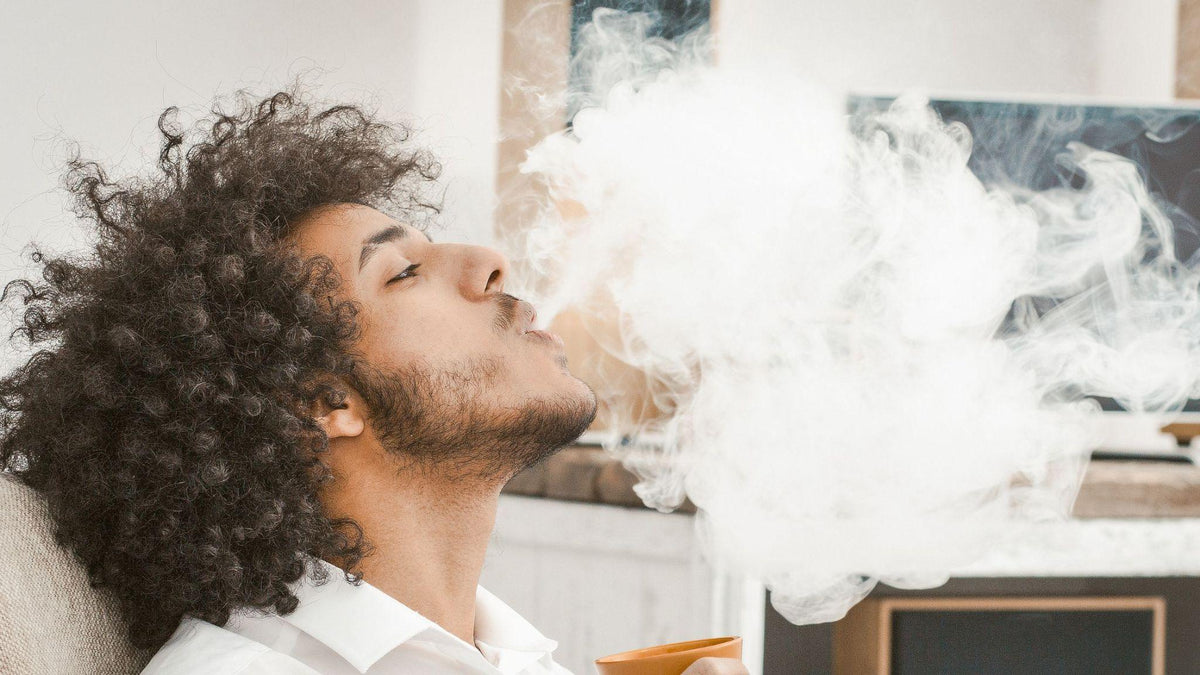
Why Disposable Vapes are Often the Vape of Choice
Disposable vapes have quickly become the vape of choice in Canada thanks to their portability, ease of use, and wide flavour variety. WAKA leads the market with options like the Infinity Lean 20K, DUO, and Heavy Hitter 30K—delivering long-lasting performance at affordable prices. For vapers who want convenience and value, WAKA disposable vapes stand out as the best choice.

